
A crowdfunding platform that has become one of the most successful in Brazil with projects ranging from comics and board games to films, music albums and theater shows is creating a project dedicated solely to independent journalism.
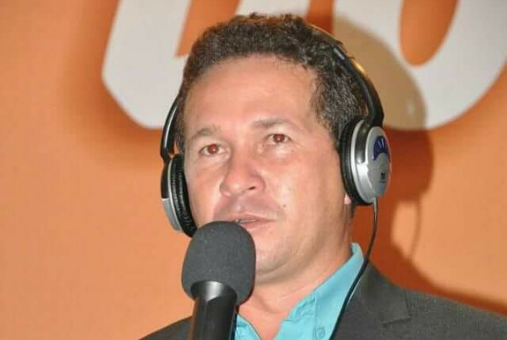
The councilman suspected of ordering the murder of radio journalist Jairo de Souza, who was killed in the Brazilian state of Pará on June 21 of this year, has turned himself into police, according to the Brazilian Association of Investigative Journalism (Abraji).

For Brazilian journalists, the ability to keep their identity secret when requesting public data through the Law of Access to Information (LAI) has become easier recently.
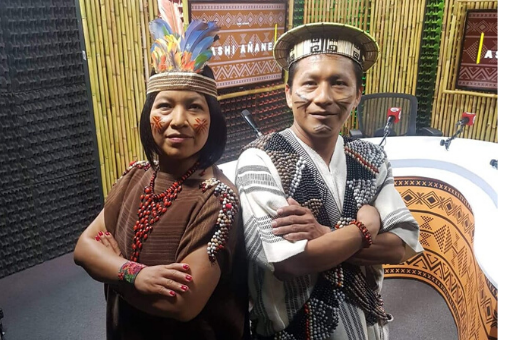
With little more than 80,000 inhabitants in Peru and part of Brazil, the Asháninka are the most numerous ethnic group in the Peruvian Amazon. The National Institute of Radio and Television of Peru (IRTP, for its initials in Spanish) recently launched "Ashi Añane", an informative program in the Asháninka language, to give the culture a national platform.

Media from Brazil, Mexico, Argentina, Venezuela and Puerto Rico took home prizes as part of the LATAM Digital Media Awards presented by the World Association of Newspapers and News Publishers (WAN-IFRA).
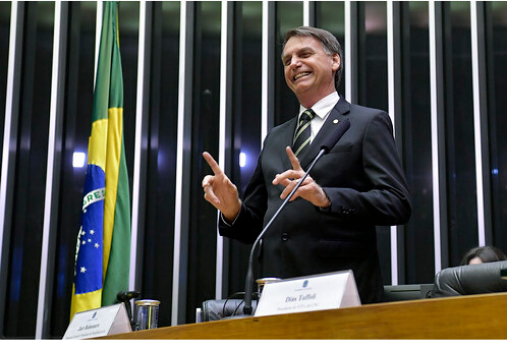
A presidential candidate, soon-to-be president-elect, launches repeated attacks on press outlets critical of his proposals and his actions, accusing everything he does not like of being false.
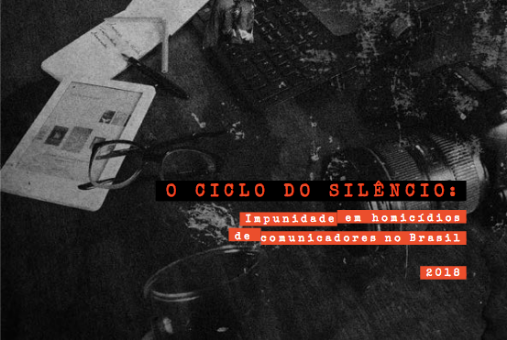
The impunity of homicides against journalists in Brazil has been increasingly frequent in the interior of the country, according to a recent report from Article 19, "The cycle of silence: impunity in murders of communicators."
Winners of the Javier Valdez Latin American Award for Investigative Journalism were presented during the 2018 Latin American Conference of Investigative Journalism (Colpin) held from Nov. 8-11 in Bogota, Colombia.
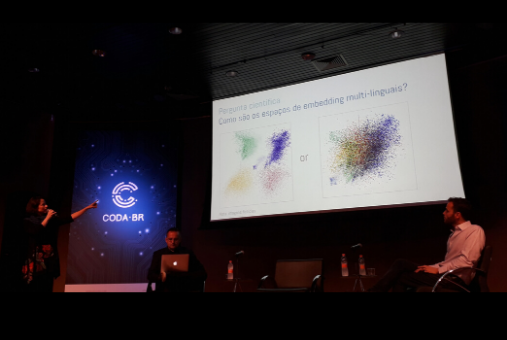
Members of the growing data journalism community in Brazil gathered from Nov. 10 to 11 for the third edition of the Brazilian Conference on Data Journalism and Digital Methods, Coda.Br, in São Paulo.

Before and during the Brazilian presidential election that took place on Oct. 28, journalists were the subject of physical, verbal and digital threats and aggression.
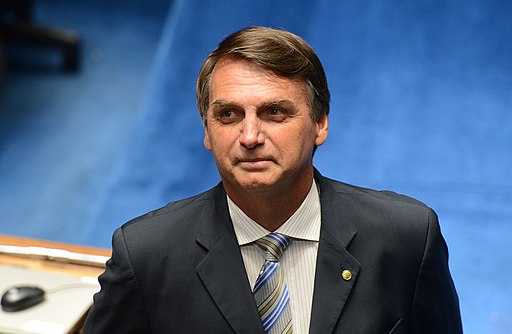
Brazilian President-elect Jair Bolsonaro reiterated on Oct. 29 that he intends to withdraw advertising contracted by the federal government from newspaper Folha de S. Paulo and media that, according to him, are "lying shamelessly.”
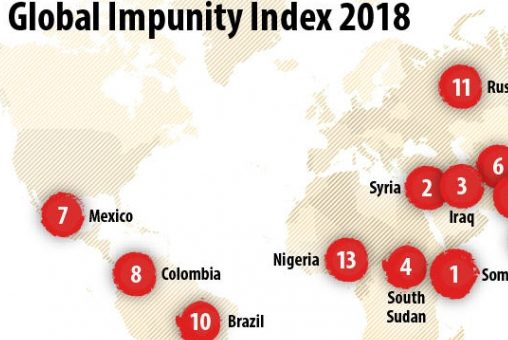
Mexico, Colombia and Brazil are among the top 14 countries in the world where the murderers of journalists are not punished in court.